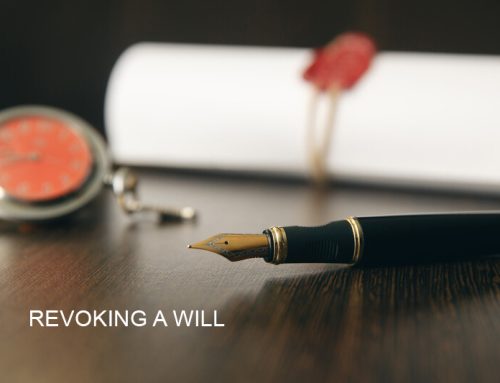Written by Jasmin Kang
Lawyers who practise in wills and estates continue to be exposed to liability for professional negligence long after they stop drawing wills or retire from practice altogether. Under the current Limitation Act, the basic limitation period for a disappointed beneficiary to bring a claim begins two years from the date that the cause of action is “discovered.
In the case of a disappointed beneficiary, the duty arises when the lawyer undertakes to prepare the will. The standard of care may be breached if the lawyer commits an error.
Lawyers can take steps to protect themselves. In addition to carrying adequate insurance for errors and omissions, lawyers should always follow careful procedures:
(a) use checklists when taking the client’s instructions;
(b) record the client’s instructions carefully;
(c) keep detailed notes of the client’s assets, liabilities, and family relationships;
(d) keep detailed notes of the advice that the lawyer has given;
(e) confirm the nature of the client’s interests in real property (i.e. joint tenancy or tenancy in common) and in special assets such as a business, particularly where these assets are specifically bequeathed or devised, or represent a substantial portion of the client’s estate; and
(f) confirm any “unusual” instructions by letter.
Careful office procedures and good file management should be maintained to avoid problems in this area. It is essential to think ahead and plan in case urgent situations arise.
To learn more or to discuss your specific situation, please call one of our experienced lawyers via phone 604 265 8400 or our contact form.







Leave A Comment